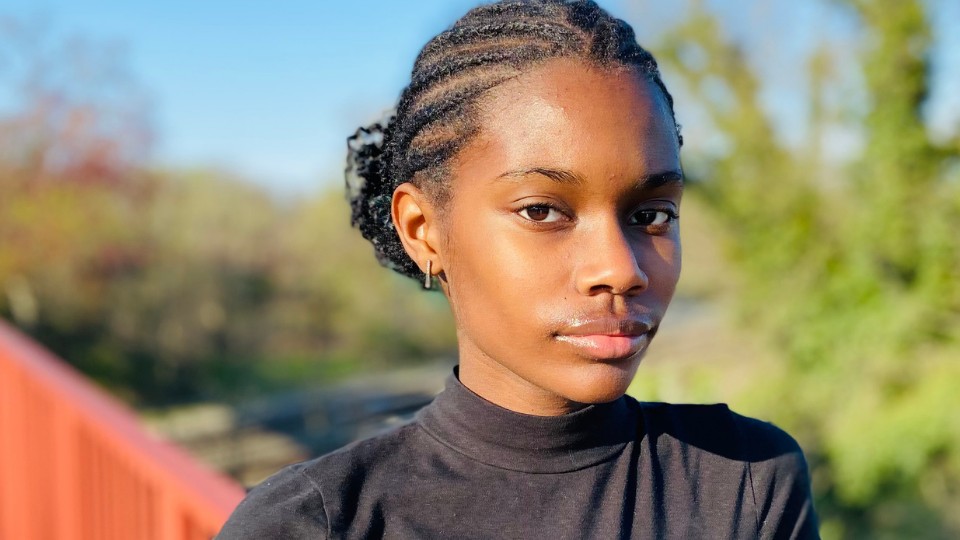As the pandemic hit, kids were suddenly faced with major disruptions to their support systems and stability. Children have experienced isolation from friends and school communities. Adding to this are parents’ job losses and financial strain leading to food insecurity and increased risk of homelessness; grief from the loss of loved ones; high COVID infection rates; and more.
It’s Mental Health Awareness Month, and even with a return to a semblance of normalcy around the corner, the pandemic has created long-lasting needs.
Our South Bronx partner told us they are seeing 30% more kept appointments for mental healthcare compared to before the pandemic because of isolation, depression, and anxiety. Many other programs are reporting monumental mental health needs that they believe are just the tip of the iceberg for both kids and their parents.
Mental healthcare is a part of primary care, and high-quality services should be available to any child who needs them. So where can children go when they need support?
“First, my aunt thought I had attention deficit disorder. But then we finally went to the social worker, and she just said that she thinks I have anxiety…I honestly didn’t know how to deal with it. I do those things that everybody says, like take a deep breath. But sometimes that still wouldn’t calm me down.
– Marlee, age 13, a patient at our partner program in Washington, D.C.
With a shortage of children’s mental health providers, pediatricians are first responders.
Our medical partners know that children are often impacted by multiple challenges all at once, such as food insecurity, unstable housing, racism, and more. Mental health screenings are part of regular check-ups: providers ask patients questions about the social and environmental factors that affect both their physical and mental health, and even screen mothers of newborns for depression.
But across the country, in communities of color and rural areas served by our partners, there simply are not enough pediatric mental health providers to meet the need. With not enough mental health specialists there can be long waits for children to be seen—waits that can have major consequences for brains and bodies that are still developing. The situation is the most dire for children without health insurance. Some of our partners, like in New Orleans and New York, have proactively met this huge need and added a mental health counselor to the staff. Supporters like you helped make this happen, but most of the country is lagging. For children in programs that aren’t able to provide this resource, long-term counseling and medication when needed are extremely hard to come by.
Our partners provide innovative, community-based solutions.
Our partners know that children cannot wait, and they are already innovating to give children access to tools and resources to support their mental health. In Washington, D.C, our partner received a grant from Children’s Health Fund to support a Transcendental Meditation program. This training gives youth a powerful coping skill for mental health issues like stress and anxiety by teaching them how to mentally relax to achieve a state of calm. Sisters Marlee, 13 (quoted above), and Shelbee, 11, participated in the program, and both feel it made a difference.

– Shelbee
You can help us continue to support our partner programs as they respond to the mental health needs of children. Through primary care, mental health counseling, and innovative programs like meditation training, together, we can make sure that children do not go without these critical supports. Let’s help children get back to being children and recover from the traumas of this pandemic!








